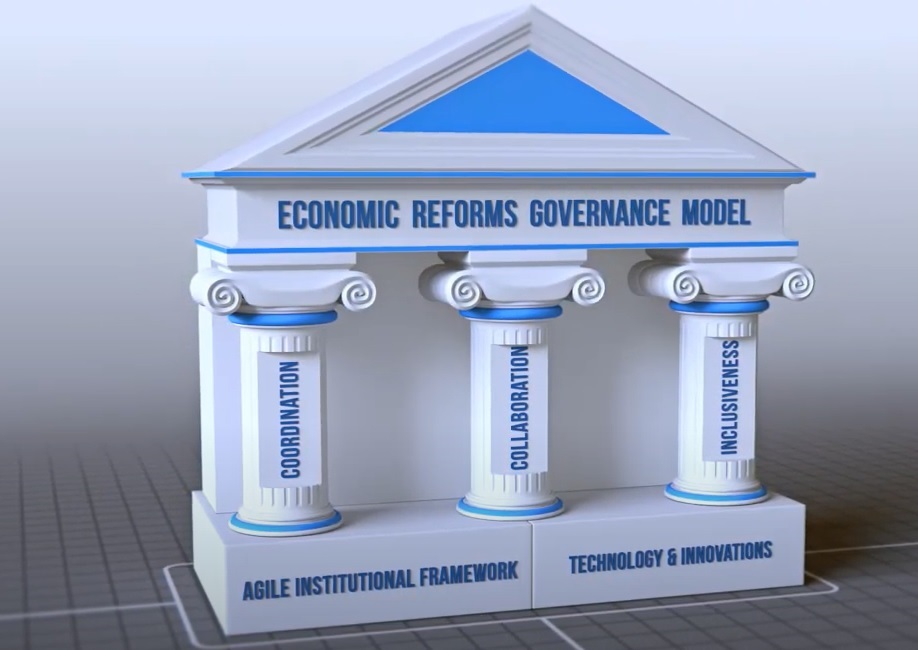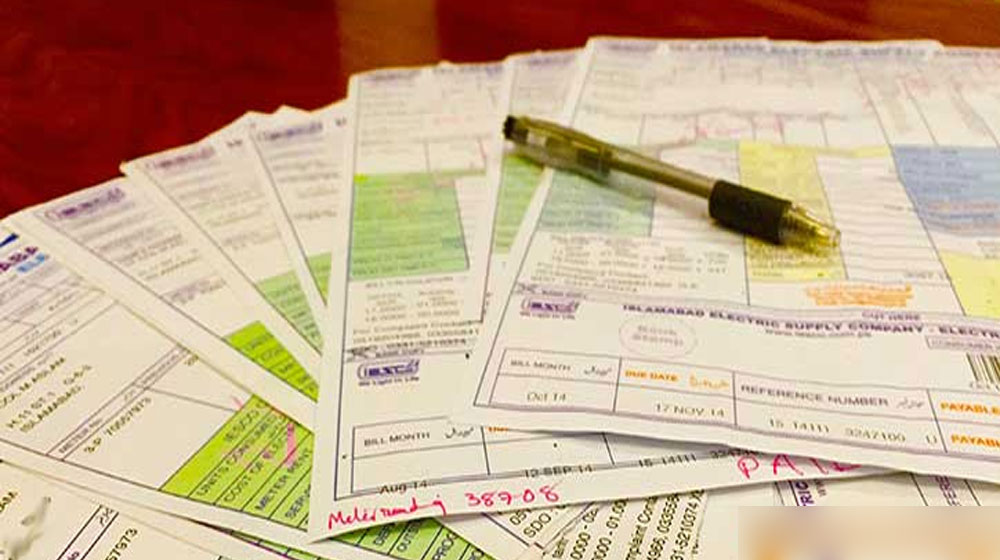Safia Ramzan
The issue of cheating in the education system, particularly in examinations, has escalated to a critical and persistent problem in numerous countries, Pakistan included. Urgent measures are required to address this issue and uphold academic integrity.
A pivotal step is to revolutionize the examination system, enhancing its security and transparency. The integration of technological solutions, such as computer-based testing, biometric identification, and surveillance cameras in examination centres, can play a crucial role. These measures could serve as a deterrent, making it arduous for individuals to cheat. Furthermore, the implementation of biometric identification could ensure that students sit for the exams themselves, eliminating impersonation or proxy writing. The use of technology can also streamline the examination process, reducing the risk of paper leaks.
Another essential measure is to revise the curriculum and encourage critical thinking and creativity over rote learning. The current system often prioritizes memorization over understanding and application, leading students to resort to cheating to pass the exams. By promoting a more conceptual approach to learning, students will be less likely to cheat and more likely to develop a deeper understanding of the subject matter. The curriculum must be reviewed to create a more inclusive and equitable learning environment that caters to the needs of all students, regardless of their socio-economic background.
Aside from these measures, it is crucial to cultivate an ethical academic culture that places a premium on integrity and hard work over mere outcomes. This can be achieved through teacher training programs, student workshops, and community outreach initiatives. Educators need to understand the significance of academic honesty and learn how to create a classroom environment that discourages cheating. Similarly, students must be motivated to take responsibility for their education and comprehend that cheating is unacceptable under any circumstances. Community outreach initiatives can raise awareness about the detrimental effects of cheating and encourage students to adopt ethical practices.
Finally, the regulatory framework needs strengthening, and strict penalties should be imposed on those found guilty of facilitating cheating. There must be clear and robust penalties for individuals found guilty of cheating, including students, teachers, and examination staff. These penalties can act as a deterrent and ensure that individuals are held accountable for their actions.
In conclusion, the issue of cheating in the education system can be effectively addressed through a comprehensive set of measures. These measures, which focus on improving the examination system, revising the curriculum, fostering an ethical academic culture, and strengthening the regulatory framework, hold the promise of a more transparent, equitable, and ethical education system. By working together, the government, educational institutions, and civil society can pave the way for a future where students are evaluated based on their knowledge and skills, rather than their ability to cheat.
Over the past few years, Pakistan has been grappling with an alarming surge in cheating incidents in its education system. These incidents, far from being isolated, have become a distressing norm, occurring frequently and across various grades and subjects. This situation not only questions the integrity of the examination system but also underscores the deep-rooted issues in the education landscape that need urgent attention.
The reasons behind the rise in cheating incidents are varied and complex. Firstly, the high stakes associated with exams have created immense pressure on students to succeed at any cost. For many students, success in exams is seen as the only way to secure a better future and to escape poverty. Secondly, inadequate schooling, lack of preparation, unequal distribution of resources, and outdated teaching methods are some of the factors responsible for driving students towards cheating. Thirdly, there is a lack of confidence in the fairness of the examination system, leading students to believe that cheating is the only way to level the playing field.
Despite the various challenges, the government can take several measures to address the issue of cheating in exams. Firstly, there is a need to overhaul the examination system and make it more secure, transparent, and efficient. This could be achieved through the introduction of technological solutions such as computer-based testing, biometric identification, and surveillance cameras in examination centres. Secondly, the curriculum must be revisited to encourage critical thinking, creativity, and problem-solving skills over rote learning. This would reduce the desperation that leads to cheating and help students develop a deeper understanding of the subject matter. Thirdly, the government should make a concerted effort to foster an ethical academic culture that values integrity and hard work over mere outcomes. This could be achieved through teacher training programs, student workshops, and community outreach initiatives.
Finally, the regulatory framework needs strengthening, and strict penalties should be imposed on those found guilty of facilitating cheating. This would deter individuals from engaging in malpractices and send a clear message that cheating is not acceptable under any circumstances. The government’s recent action in Punjab, including the dismissal of officials and invigilators and the formation of a cabinet committee to investigate, is a welcome step in the right direction. However, much more needs to be done to address the root causes of cheating and create a culture of academic honesty and integrity.
Please, subscribe to the YouTube channel of republicpolicy.com
















































